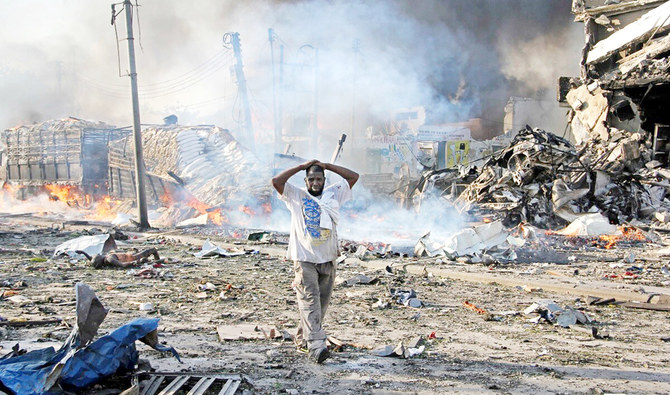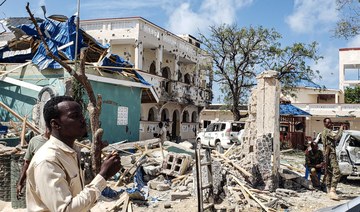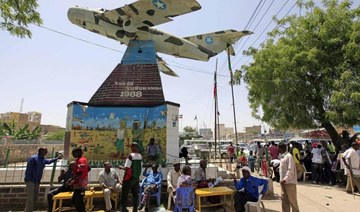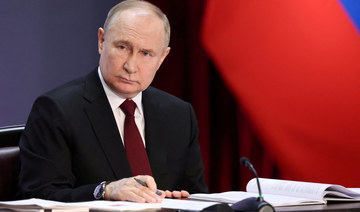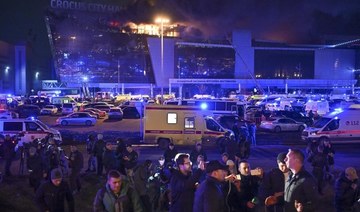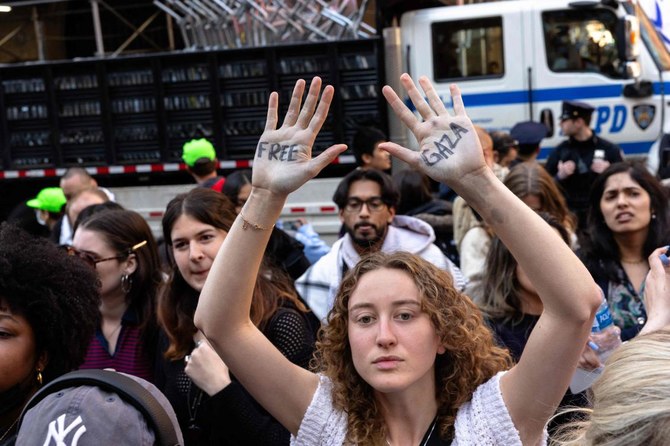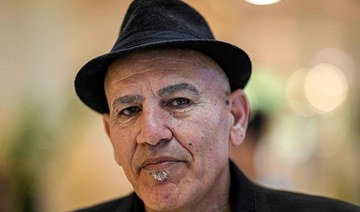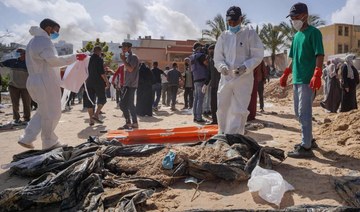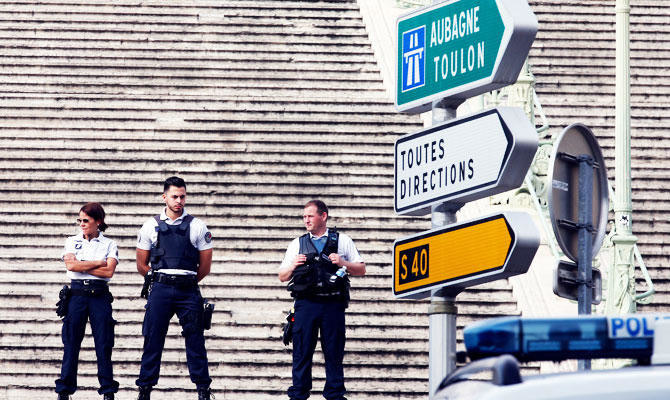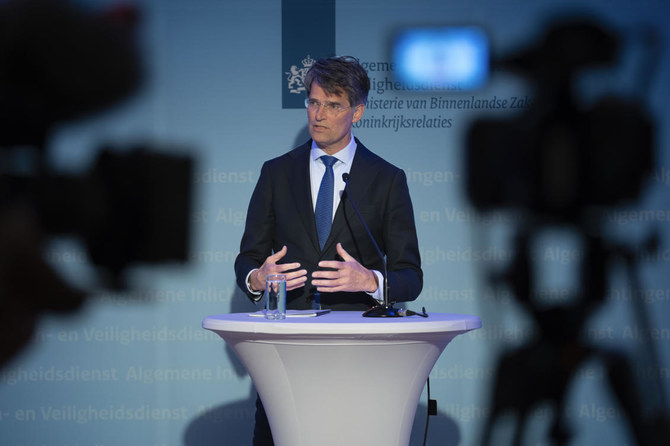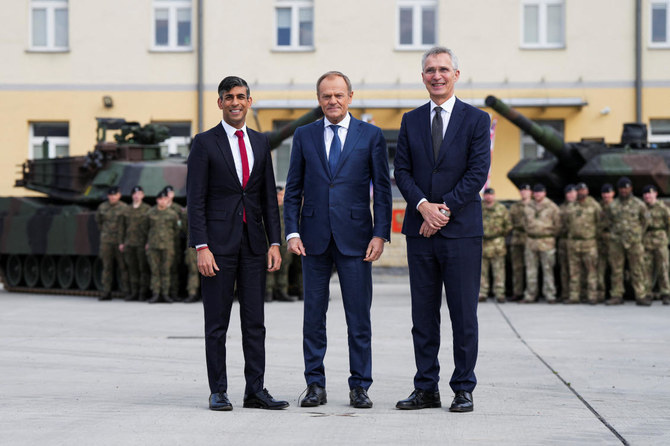MOGADISHU: At least 17 people were killed and 28 others wounded when a bomb went off outside a hotel near the international airport in Somalia’s capital Mogadishu on Monday, medical officials said.
Al-Shabab, which is trying to topple Somalia’s weak UN-backed government, claimed responsibility for the attack.
The city’s Medina Hospital received 17 bodies and 28 people with injuries, 12 of them in a critical condition, said Mohammed Yusuf, the hospital’s director.
The blast went off at the first checkpoint on the road that leads to Mogadishu airport, said Farah Hussein, a shopkeeper who witnessed the attack.
Somalia has been riven by civil war since 1991, when clan warlords overthrew a dictator, then turned on each other.
The explosion near a checkpoint outside the Afrik Hotel reverberated throughout the city, and sent a massive plume of black smoke into the air.
Abdullahi Ahmed, a security officer who witnessed the blast, said at least five people were killed in the attack, which appeared to be targeting the hotel.
“The area was relatively dense with bystanders and some were killed and wounded in the blast, but we don’t have the exact number of casualties.”
Other witnesses describing being knocked to the ground by the force of the blast, which damaged nearby buildings.
“I was not very far away from where the blast occurred, and I could see several people lying (on the ground), some of them dead with a pool of blood,” said one, Abdikarim Mohamed.
“The blast was huge. It did damage to several nearby buildings.” Suado Ali was walking out of a travel agency when the shockwave knocked her flat.
BACKGROUND
Somalia has been riven by civil war since 1991, when clan warlords overthrew a dictator, then turned on each other.
“I was forced to the ground by the shockwave. I saw nearly 10 people lying on the ground, some motionless and others screaming for help,” he told AFP.
The attack comes just over a week after 26 people were killed and 56 injured in a 12-hour attack by Al-Shabab on a popular hotel in the southern Somali port city of Kismayo.
A suicide bomber rammed a vehicle loaded with explosives into the Medina Hotel on Friday before several heavily armed gunmen forced their way inside, shooting as they went.
That attack was the latest in a long line of bombing and assaults claimed by Al-Shabab, which has fought for more than a decade to topple the Somali government.
The militant group emerged from the Islamic Courts Union that once controlled central and southern Somalia and is variously estimated to number between 5,000 and 9,000 men. In 2010, the Al-Shabaab declared their allegiance to Al-Qaeda. In 2011, they fled positions they once held in the capital Mogadishu, and have since lost many strongholds.
But they retain control of large rural swathes of the country and continue to wage a guerrilla war against the authorities.



